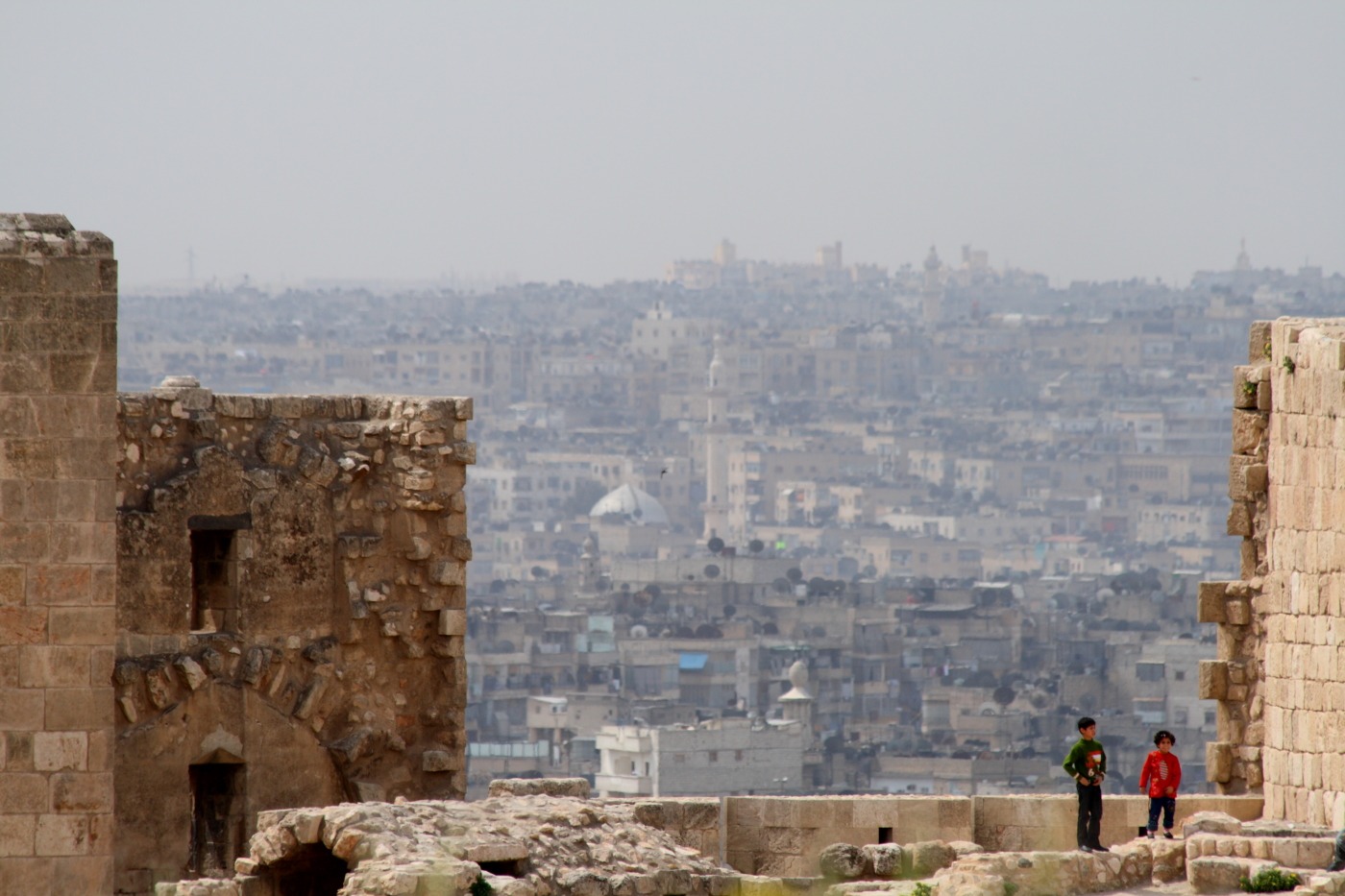Syrian universities devastated by conflict, report states
Syrian universities have been devastated following eight years of conflict, a report has found.
2,000 Syrian academics and hundreds of thousands of students are living in exile in Turkey and Jordan. From the students’ perspective, the “loss of expertise was one of the most significant factors contributing to the deterioration of HE [Higher Education]”.
The research was commissioned by the Council for At Risk Academics (Cara). It was then carried out over a 12-month period between 2017-2018 by Cambridge University researchers and exiled Syrian academics.
The team spoke to 19 academics living in exile in Turkey. They also conducted interviews with 117 university staff and students still based in Syria.
The report describes how “a massive ‘brain drain’ led to the appointment of unqualified professors and teachers” and “classes being cancelled or reduced”.
There are so many students that we spend most of our lessons standing for more than two hours
– Undergraduate student
Damage to buildings is another concern, contributing to a lack of classroom space. One undergraduate said: “There are so many students that we spend most of our lessons standing for more than two hours.”
Staff from one private regime-controlled university however said that “the university’s financial resourcing is excellent”.
The respondents are based at 11 different universities. Eight are located in areas under the Assad regime’s control, and three outside of the regime’s control.
A number of students expressed an unwillingness to attend a regime-controlled university, arguing that they would prefer to “miss a year than pay a regime that suppresses and kills fellow Syrians”.
Students also dropped out of regime-controlled universities for fear of detention or compulsory military service. One academic describes how he “decided to leave the city immediately” after being told to report to an intelligence branch.
Problems also exist in non-regime universities. The report outlines deteriorating security and inadequate financial support with some students needing to leave university for work.
Internal displacement has led to financial destitution for many Syrians. Additionally, displacement sometimes means moving to an area without academic opportunities.
Required grade point averages have been lowered at universities, improving accessibility to higher education. However, there has also been a rise in fees.
I have children… They were outstanding students at school, but given the situation, they could not continue their education
– Respondent
Concerns were also raised regarding career opportunities, the report states.
Many respondents expressed their grief at the situation. One said: “I have children… They were outstanding students at school, but given the situation, they could not continue their education.”
Another details the death of his brother, who had five children. He says the jihadists put him in a video.
Prof Colleen McLaughlin of Cambridge University’s faculty of education told the BBC: “Cara’s work to support Syrian displaced academics is vital and we need to remember and honour their work as well as continue to support research into the reality of Syrian higher education.”
The report concludes with a call for action. It urges current students “to fill gaps in their learning” and argues that “future students will need a broader and more comprehensive education”.
Recommendations included re-engaging in international partnerships with other universities and replacing state security forces on campuses with civilian security personnel.
They hope for an improvement in the availability of scholarships and open-learning programmes and state the need to ensure academic freedom and equal opportunities.
“Such support,” they conclude, “could have a significant impact, not only on the lives of this generation of students, graduates and academics, but also on their communities and the lives of future generations of students.”

Comments (1)